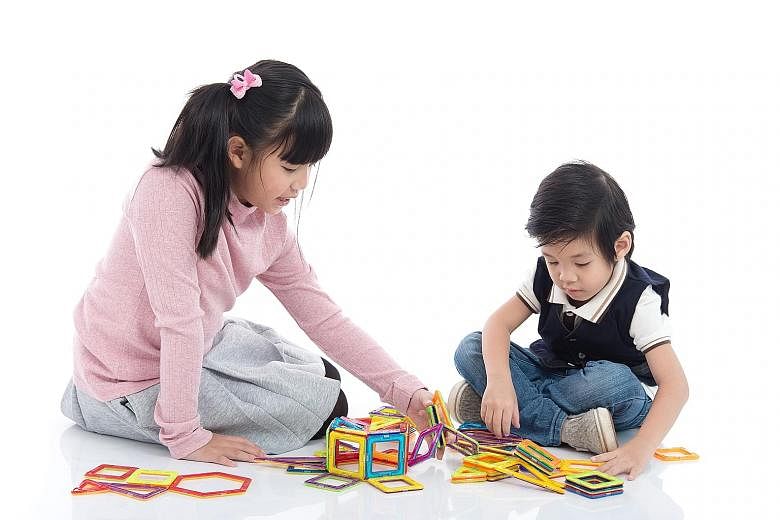HOUSTON • Your kids are growing up so fast. They are getting smarter and more responsible and want more independence.
It might be time to let them stay home on their own for a bit. If it is done correctly, experts say, this can give you and your kids some much needed freedom and feelings of accomplishment.
"It's a big step in independence and should be recognised as a milestone," said Ms Patti Cancellier, education director at Parent Encouragement Programme in Maryland in the United States.
"Our job as parents is to make our children completely independent people."
Parenting experts say that once kids start asking whether they can stay home on their own, that is a sign they might be ready.
"It depends on their personality and on what other responsibilities they have at home," said Ms Michelle Visser, a parenting consultant in the Boston area.
"Are they anxious? Do they still want to hold your hand if it's really crowded somewhere?
"Are they waiting for you to leave the house, so they can go to the computer and go to that website you said they couldn't go to?"
Figuring out whether your child is ready to be home alone is a gradual process. Ms Ruthie Arbit, a clinical social worker, has come up with a four-point checklist for parents.
1. Safety: If your child needed to leave the house for an emergency, would he be safe? Is there a friend or neighbour nearby who can offer help in an emergency?
2. Responsibility: Can your child watch younger siblings, unpack groceries and do his own laundry?
"Some kids might need hand-holding for basic tasks," Ms Arbit says. "Are they able to do day-to-day activities without constant reminders? Will they walk outside and get locked out of the house?"
If kids are not responsible with you around, they probably will not be responsible without you.
3. Cognitive readiness: Would they keep a level head if things did not go as planned?
Ms Arbit gives the example of a child slipping and falling. Would he wait for you to come home, or would he assess his injuries and call someone?
"Are they able to, in moments of distress, access resources available to them?" Ms Arbit asks. "When they get upset, do they get really flustered?"
4. Emotional readiness: Will the child spend the 40 minutes you are gone in bed crying, or will he watch some agreed-upon television?
If you think your kids might be ready, talk with them about it and ask whether they would like to try it.
Start small by popping over to a neighbour's house for 10 minutes, then progress to a 30-minute grocery run.
"You start to know when kids are comfortable when you run next door for a minute," said Ms Tina Feigal, a parenting coach. "It's a gradual, step-by-step readiness."
There are various child supervision guidelines that suggest that at the ages of eight to 10, parents might be able to explore leaving kids alone for no more than an hour and a half, and only during the day and early evening.
If that goes well, starting around age 11 or 12, parents might consider leaving them for up to three hours, but not late at night. This is the range of time they may be able to handle being alone after school.
Children aged 13 to 15 should be able to be home alone for a time.
With 16- and 17-year-olds, parents can assess whether they feel comfortable leaving them overnight.
In that scenario, experts say, kids should be careful not to tell too many friends or post on social media, because they may end up in an uncomfortable and potentially precarious situation with groups of kids showing up looking for a house party.
Before that process of building trust can start, parents need to set ground rules. Ms Cancellier suggests agreements about whether homework needs to get done, whether it is okay to have friends over and how much screen time is allowed. She says parents and kids should agree about when and how to check in.
Ms Arbit emphasises that it is important to do what you say you will do, in the same way you expect your kids to do what they say.
"You're not just leaving, you're leaving with a time you'll be back," she adds.
"Try to be back at that time. You're entering into this contract.
"The parent is expecting the child to be responsible, and the child is expecting the parent to be responsible."
WASHINGTON POST

